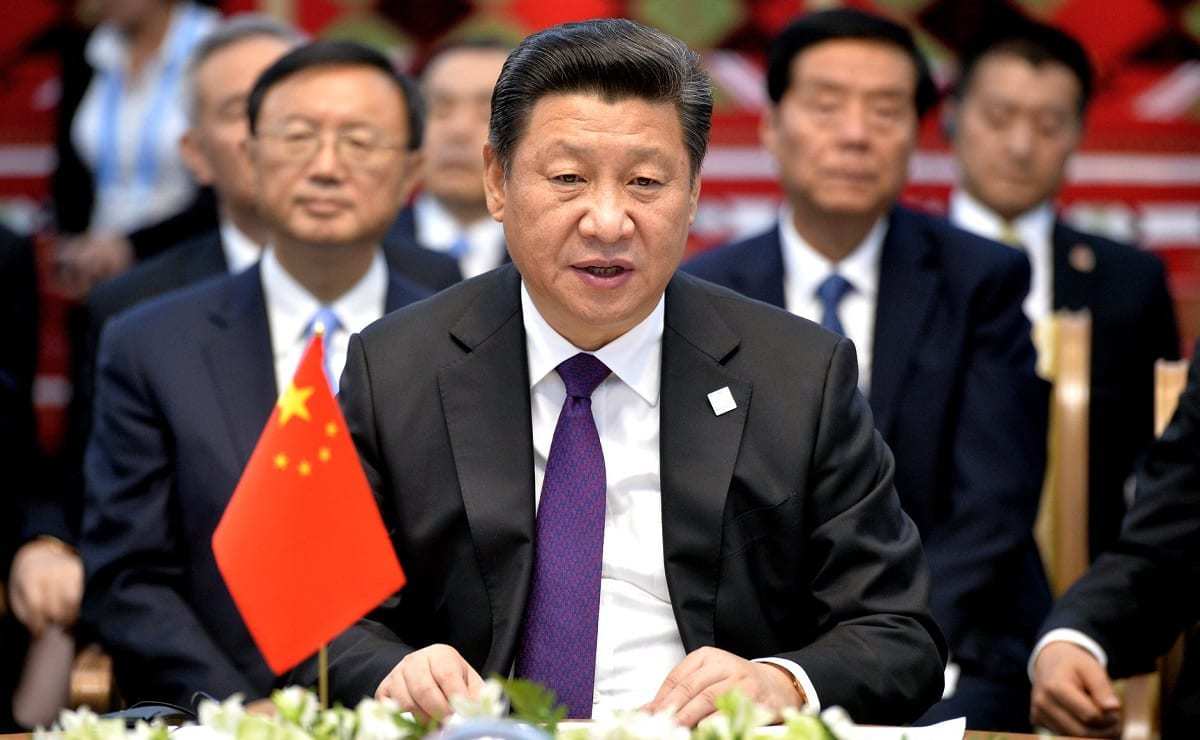Chinese President Xi Jinping called Ukrainian President Volodymyr Zelensky for the first time last month. This is an important moment, because it strongly suggests a Sino-Russian partnership once declared as being without limits is fraying. Xi would not have picked up the phone if Russia was winning its war in Ukraine — or at least, not if Xi reasonably expected imminent Russian victory.
We can also note that Xi called Zelensky after Russian President Vladimir Putin’s latest offensive spluttered to a halt with minimal territorial gains. Xi gave Putin another chance to turn things around, to finally start winning the war and bringing about a resolution on Russian terms.
This is now beyond Moscow’s grasp. Russia has launched three major offensives since its initial conquests in February last year. The first, in spring 2022, aimed to take Kyiv. The second sought to conquer the Donbas in the early summer of 2022. Finally, in early 2023, Russia pushed to take control of Bakhmut. Each successive offensive was smaller in scope, and yet each has failed.
Xi Knows It’s a Quagmire
Putin is now stuck in a quagmire. He can forestall strategic defeat by throwing more and more Russian resources at the war. But this will not win the war, nor will it end the conflict on Russian terms. Like the American wars in Vietnam and Afghanistan, continuing to fight prevents outright defeat, but the real problem is that victory is almost certainly impossible. (And no, Russian nuclear escalation is not a route to victory either. Russia would face catastrophic global isolation in response.)
It is not clear Putin sees this. He is famously cocooned by a court of sycophants and yes-men. The same people who probably told him that he could win with an easy blitzkrieg in Ukraine are now probably telling him he can win if he just hangs on.
But if Xi is phoning Zelensky, it means the Chinese leader knows there is no Russian military victory to be had. He gave Russia 14 months of informal Chinese diplomatic support, time enough for three offensives after the initial invasion. Ukraine has held. Russia will not destroy Ukraine as a sovereign state, even if it manages to hold onto some of the territory it holds in Ukraine’s east.
This is a major diplomatic victory for Ukraine. It means that Russia’s biggest backer — one with revisionist territorial aspirations in its own neighborhood — now accepts that Russia cannot win and that Ukraine will survive in some form. The debate now is over the terms of Russia’s eventual end of the war. Will Russia get to keep any of the Ukrainian territory it has snatched?
China Won’t Let Itself Sink With Russia
The Sino-Russian relationship is transactional. They share a dislike of American hegemony and a willingness to support each side’s challenges to that hegemony, Russia in Ukraine, China in Taiwan. But this covers longstanding strategic competition between the two in Asia, and a lack of shared values. The liberalism which states in the U.S. alliance network share and which helps tie them together is conspicuously missing. If the alliance were not convenient, it would probably come apart. NATO, by contrast, survived an obvious strategic drift after the Cold War.
For as long as Russia looked like a winner, Xi was happy to go along with a no-limits partnership. Putin, meanwhile, has long been a master of international bluster and reputation. There has been a steady debate in the West about whether Putin is some kind of master strategist running circles around sluggish Western elites. Former U.S. President Donald Trump spoke of Putin in this vein, and it looks like Xi fell for it too. Arguably, Putin has indeed done a great job for the last decade playing Russia’s weak hand — its corrupt, resource-dependent economy.
But Putin can only over-project Russian power for so long before the consequences of Russia’s economic problems cripple it. Russia is a weak great power. Its economy is now smaller than Italy’s, Canada’s, and South Korea’s. It is also terribly corrupt and will shrink under the weight of sanctions.
Putin sought to compensate for economic weakness with a major military modernization. For a decade, we heard about how great the Russian army had become. Now that has proven a chimera. This supposedly excellent army cannot defeat a weak middle power.
Russia is sinking. It cannot win the war, and its economy is in trouble. All this will worsen as the war continues. Xi will not support a loser. Russia is valuable as a winner, a powerful distraction, and troublemaker for the West. If it instead, unifies the West and makes a Chinese move on Taiwan harder, the partnership is a mistake for China. If Xi is now calling Zelensky, looking for a way to end the war, that strongly suggests Xi has made these calculations.
Dr. Robert E. Kelly (@Robert_E_Kelly; RobertEdwinKelly.com) is a professor in the Department of Political Science at Pusan National University and 19FortyFive Contributing Editor.

